Home>Ideas and Tips>DIY Home Projects: When To Pull Permits In Chicago
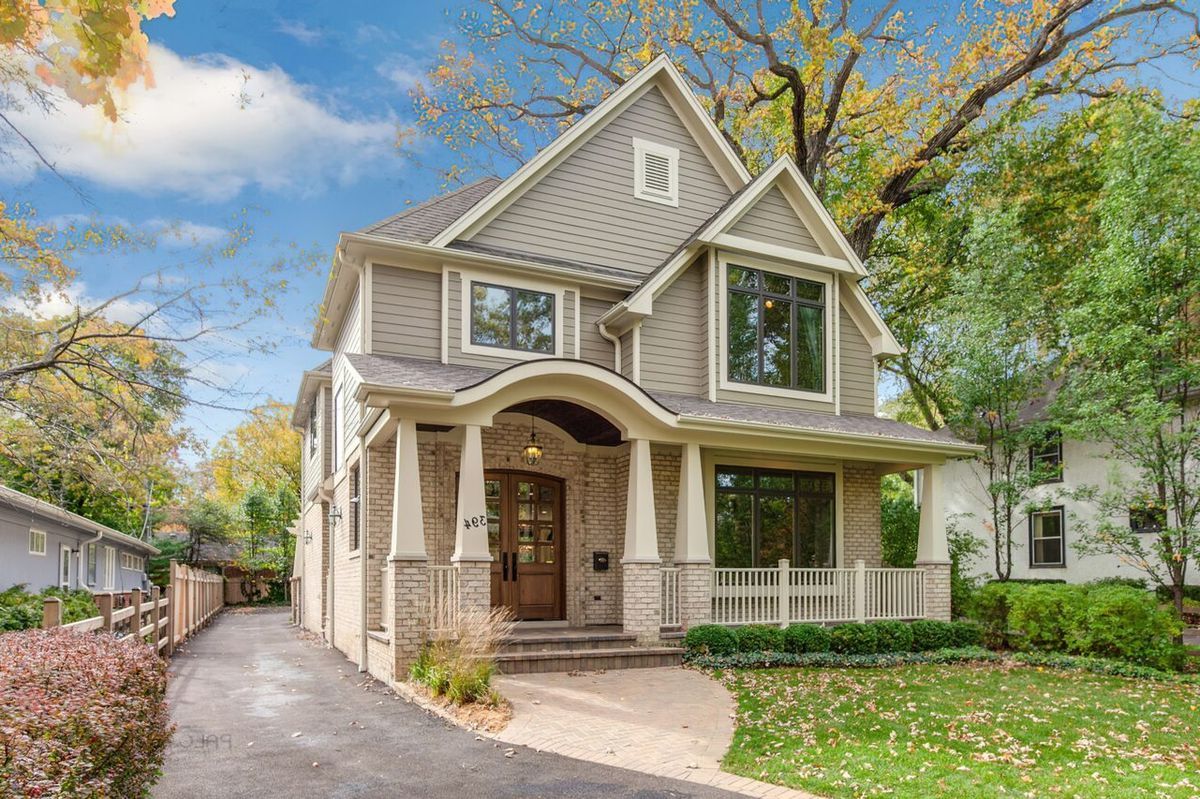

Ideas and Tips
DIY Home Projects: When To Pull Permits In Chicago
Modified: November 1, 2024
Learn when to pull permits for DIY home projects in Chicago to avoid delays, fines, and ensure safety. Get insights on required permits and application steps.
(Many of the links in this article redirect to a specific reviewed product. Your purchase of these products through affiliate links helps to generate commission for Storables.com, at no extra cost. Learn more)
When embarking on a DIY home project in Chicago, it's crucial to understand the intricacies of the permitting process. While some projects may seem straightforward, failing to obtain the necessary permits can lead to significant delays, fines, and even the need to undo completed work. In this article, we'll delve into the world of building permits in Chicago, exploring when and how to pull them for various DIY home projects.
Understanding Building Permits in Chicago
Before diving into specific projects, it's essential to grasp the basics of building permits in Chicago. The Department of Buildings (DOB) is responsible for ensuring that all construction work adheres to the Chicago Construction Codes, which are designed to protect public health, safety, and welfare.
Types of Permits
The DOB offers various types of permits tailored for different project scopes:
-
Standard Plan Review Permit Program: This is the main permitting process for building permit applications that require architectural plans. It involves submitting detailed plans for review by the DOB, which can take up to 12 weeks depending on the complexity of the project.
-
Developer Services Permit Program: Designed for moderate to complex construction projects, this program caters to the specialized needs of developers and builders.
-
Express Permit Program: Launched in November 2025, this program simplifies the permitting process for minor renovation projects and repairs. It allows homeowners and business owners to apply online, check their application status, pay fees, and view inspection results 24/7.
-
Self-Certification Permit Program: This program speeds up the permitting process by allowing certified architects or engineers to take responsibility for code compliance. The registered professional must submit permit drawings online using the city’s E-Plan platform.
-
Easy Permit Process: For simple residential and commercial projects, such as electrical work, door replacements, and masonry work, the Easy Permit Process is available. This process does not require detailed drawings and can be completed online or in person at the DOB.
Read more: What Home Projects Need A Permit
Projects That Require Permits
While some minor repairs and cosmetic work may not require permits, most DIY home projects in Chicago necessitate one. Here are some common projects that typically need permits:
-
New Construction or Additions: Building a new structure or adding an extension to an existing one requires a standard permit. This includes adding rooms, upper floors, or further expansions.
-
Garage Construction: Whether it's a detached or attached garage, any construction involving garages requires a permit.
-
Roof Work: Any significant changes to the roof, such as re-roofing or installing solar panels, need a permit.
-
Swimming Pools: Installing a swimming pool is another project that requires a building permit in Chicago.
-
Electrical, Plumbing, and HVAC Work: Any work involving electrical systems, plumbing systems, or HVAC systems necessitates a permit. This includes replacing gas furnaces, water heaters, or installing new fixtures.
-
Demolition: Demolishing a shed, garage, or an entire house requires a demolition permit. This ensures that the demolition process is done safely and in compliance with local regulations.
-
Basement Finishing or Renovation: Finishing or renovating a basement involves structural changes and thus requires a permit.
-
Fences and Decks: Adding fences taller than 5 feet or replacing decks or porches requires a permit. This ensures that these structures are built safely and meet local building codes.
-
Solar Panels and Green Technologies: Installing solar panels or other green technologies requires a permit to ensure compliance with city regulations and safety standards.
Projects That Do Not Require Permits
While most DIY home projects in Chicago necessitate permits, there are some exceptions:
-
Minor Repairs: Simple repairs like painting ceilings or walls, replacing drywall (less than 1,000 sq ft), or installing cabinets and countertops do not require permits.
-
Interior Work: Finishing interior work such as installing flooring or re-tiling does not need a permit if it does not involve structural changes or electrical/plumbing work.
The Permit Application Process
Obtaining a building permit in Chicago involves several steps:
-
Detail Your Global Scope of Work: Clearly outline the scope of your project to determine what type of permit you need. This includes identifying any structural changes, electrical/plumbing work, or other modifications.
-
Identify Required Licenses: Ensure that any contractors or subcontractors involved in your project have the necessary licenses. Homeowners may also need to provide proof of residence and details about the building being renovated.
-
Submit Relevant Documents: Prepare and submit all required documents, which can be done online using the city’s E-Plan platform or in person at the DOB. For standard permits, detailed architectural plans are typically required.
-
Pay Fees: Pay all required fees upfront. The minimum fee for a Chicago building permit is $302 for permits requiring drawings, but most permits cost between $500 and $5,000 depending on factors like square footage and project complexity.
-
Schedule Inspections: Once your application is approved, schedule a field inspection if necessary. This ensures that your work meets local building codes and safety standards.
Risks of Not Applying for Permits
Failing to obtain necessary permits can lead to serious consequences:
-
Stop-Work Orders: If a city official discovers that your renovations are underway without a permit, a stop-work order can be issued. This means construction will be halted until proper permits are obtained, potentially delaying your project significantly.
-
Fines: Non-compliance with building codes can result in fines ranging from $1,000 to much higher amounts depending on the severity of the violation.
-
Undoing Work: In some cases, you may be required to undo any work done without proper permits at your own expense. This can be costly and time-consuming.
DIY Home Projects That Require Permits
Let's break down some common DIY home projects that require permits in Chicago:
1. Adding a Garage
Adding a garage involves significant structural changes and thus requires a standard permit. This includes preparing detailed architectural plans for review by the DOB. The cost of this permit can range from $500 to $5,000 depending on the project's complexity.
2. Roof Work
Roof work such as re-roofing or installing solar panels necessitates a permit. This ensures that the roof is built safely and meets local building codes. The cost of this permit typically ranges between $500 and $2,000.
3. Electrical Work
Any electrical work involving new installations or replacements requires a permit. This includes replacing gas furnaces, water heaters, or installing new fixtures. The cost of this permit can vary widely depending on the scope of the project but generally falls within the range of $300 to $1,500.
4. Plumbing Work
Similar to electrical work, any plumbing modifications or installations need a permit. This includes replacing existing plumbing fixtures or installing new ones. The cost of this permit also varies but typically ranges between $300 and $1,500.
5. Basement Finishing or Renovation
Finishing or renovating a basement involves significant structural changes and thus requires a standard permit. This includes preparing detailed architectural plans for review by the DOB. The cost of this permit can range from $500 to $5,000 depending on the project's complexity.
DIY Home Projects That Do Not Require Permits
While most DIY home projects necessitate permits, there are some exceptions:
1. Minor Repairs
Minor repairs like painting ceilings or walls do not require permits if they do not involve structural changes or electrical/plumbing work.
2. Interior Work
Finishing interior work such as installing flooring or re-tiling does not need a permit if it does not involve structural changes or electrical/plumbing work.
Conclusion
In conclusion, while some minor repairs and cosmetic work may not require permits in Chicago, most DIY home projects necessitate one to ensure compliance with local building codes and safety standards. Understanding which projects require permits and how to obtain them is crucial for avoiding delays and fines. By following the steps outlined above and consulting with professionals if necessary, homeowners can navigate the permitting process efficiently and complete their projects successfully.
Additional Resources
For more detailed information on building permits in Chicago:
- City of Chicago Department of Buildings: Provides comprehensive guides on permits, including the Guide to Permits and the Express Permit Program.
- PermitFlow: Offers a simple digital platform for submitting, tracking, and pulling permits without navigating Chicago's complex system.
- Billdr: Provides detailed guides on obtaining building permits in Chicago, including costs, application criteria, and risks associated with non-compliance.
By staying informed and prepared, homeowners can ensure that their DIY home projects are completed safely and legally.
Was this page helpful?
At Storables.com, we guarantee accurate and reliable information. Our content, validated by Expert Board Contributors, is crafted following stringent Editorial Policies. We're committed to providing you with well-researched, expert-backed insights for all your informational needs.

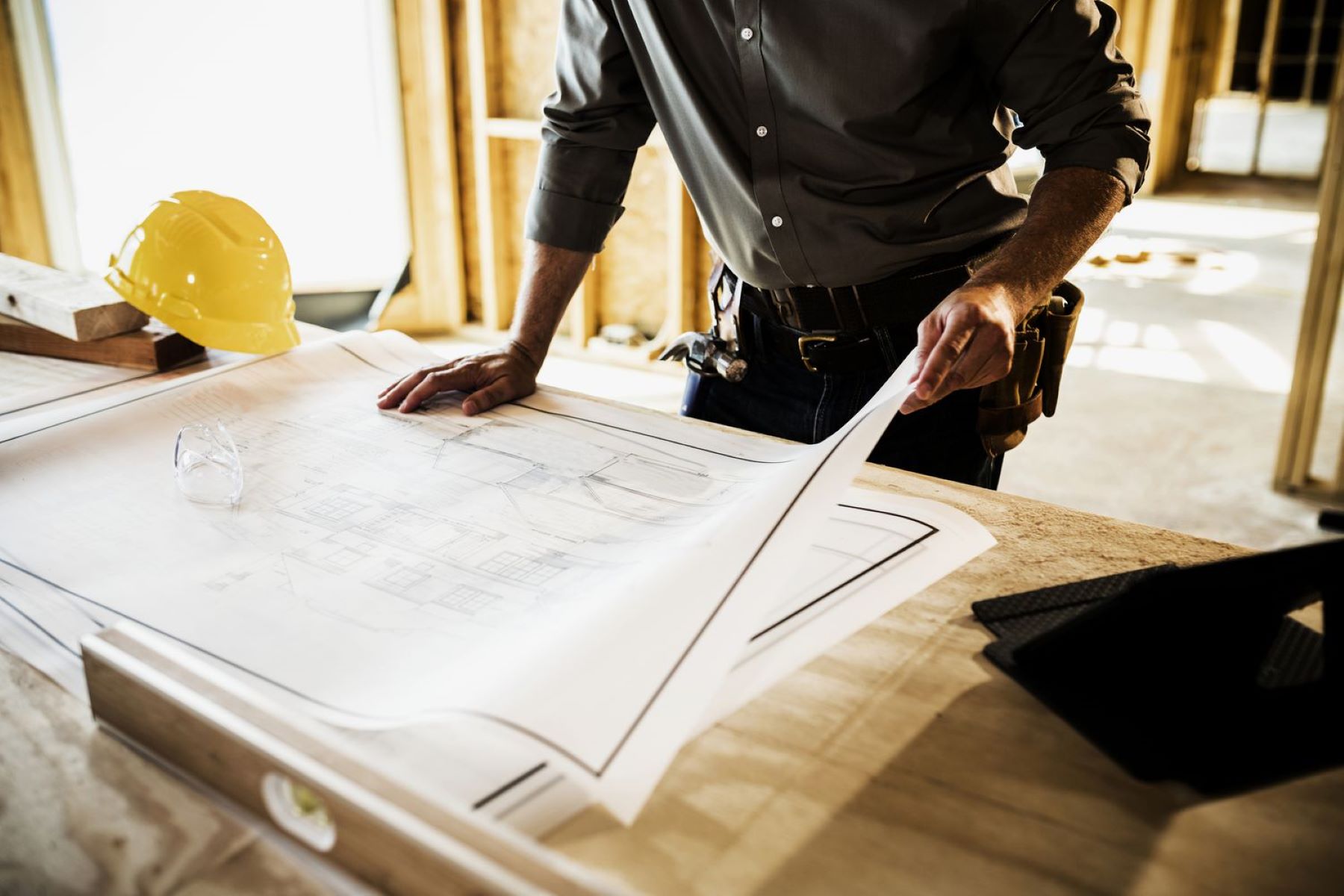
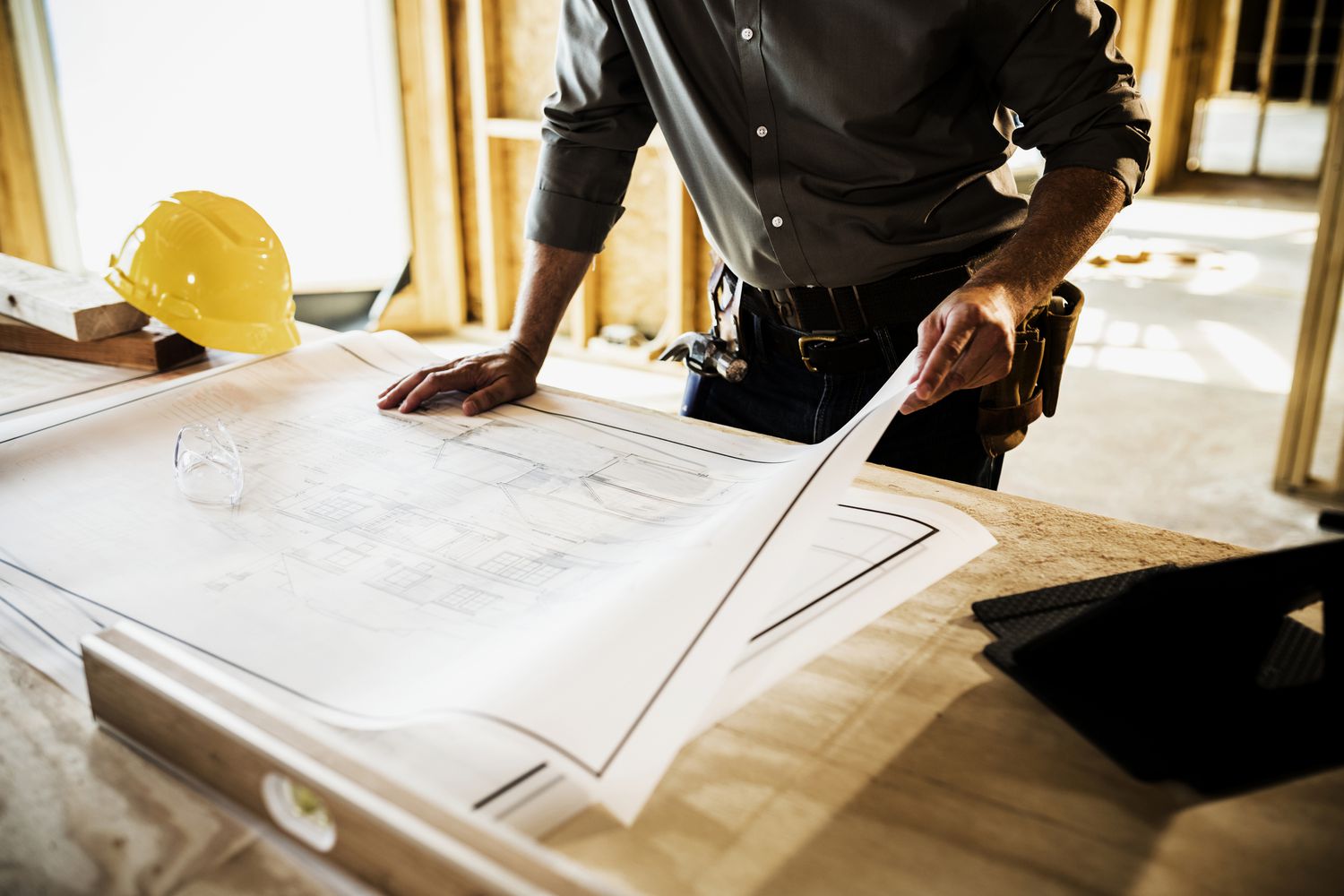

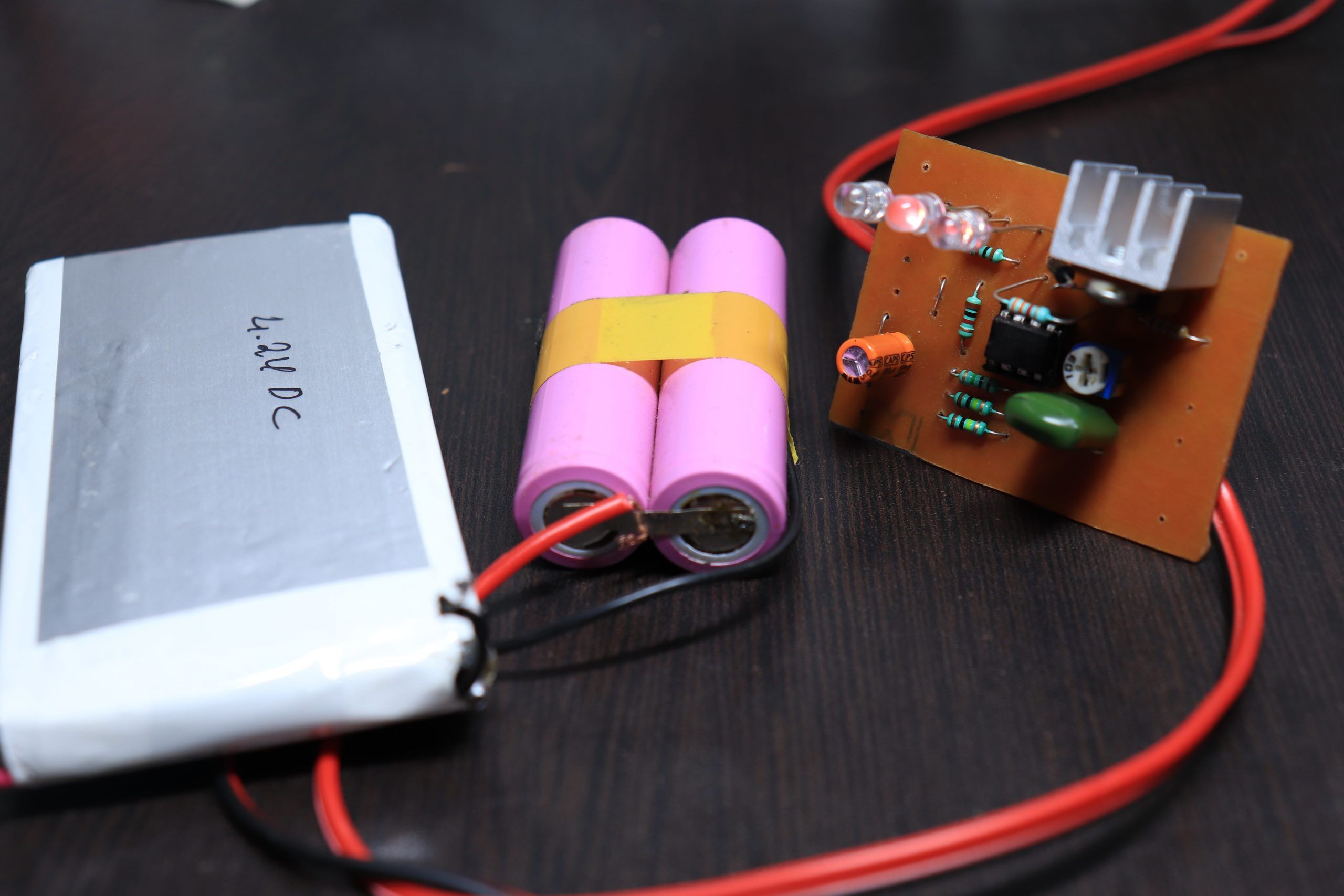

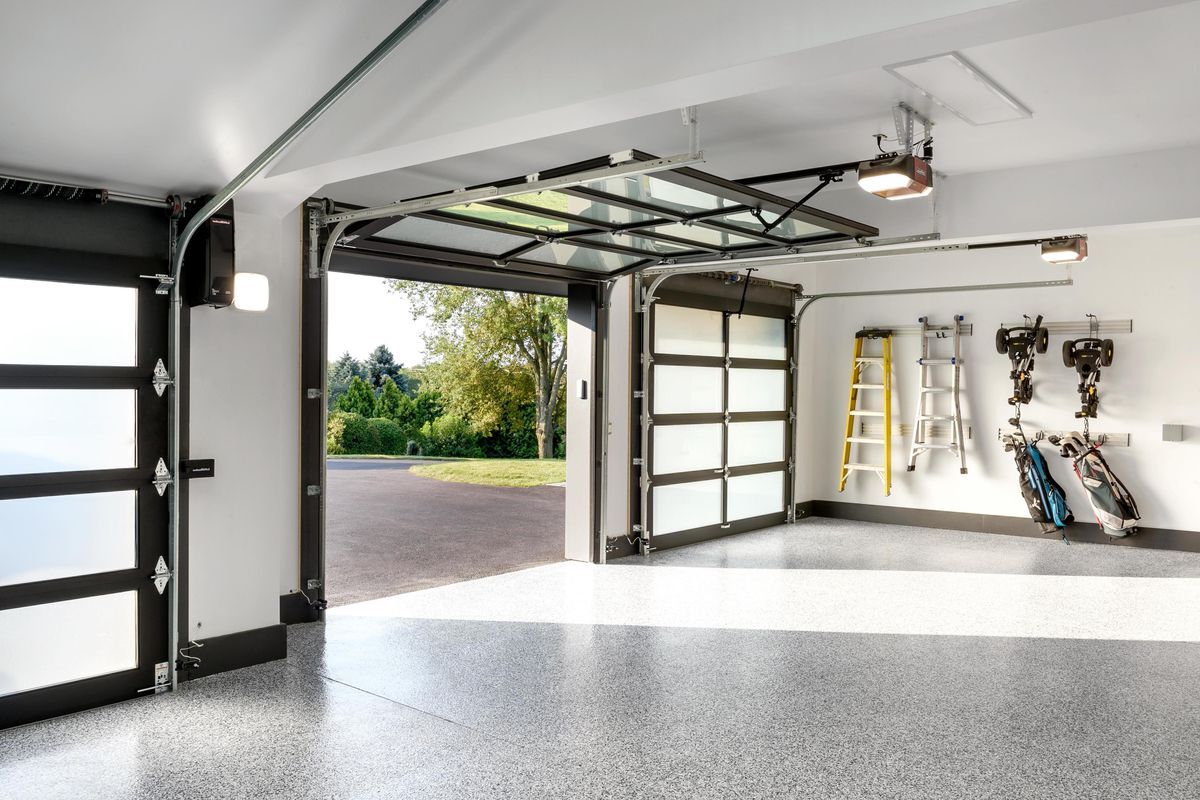
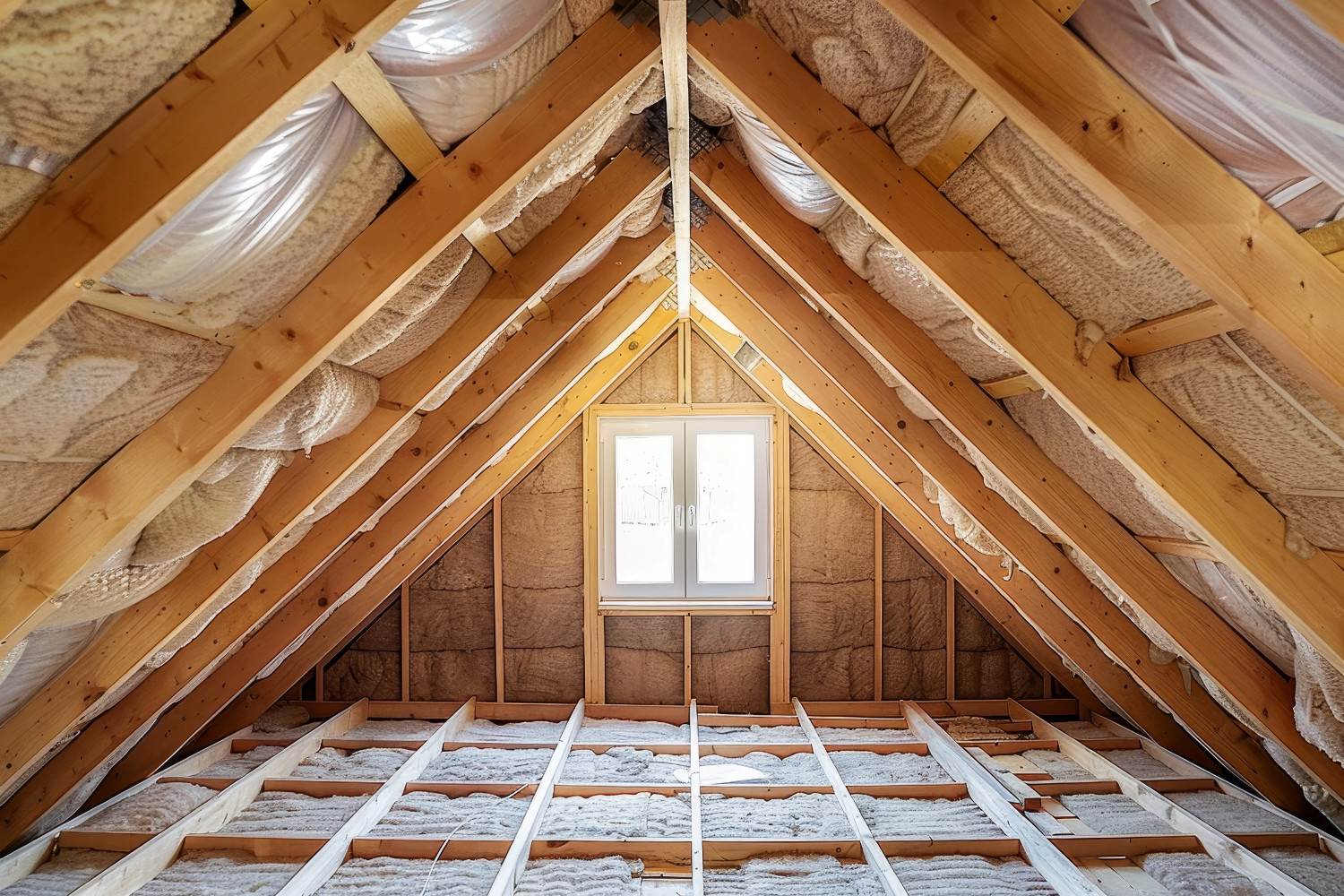
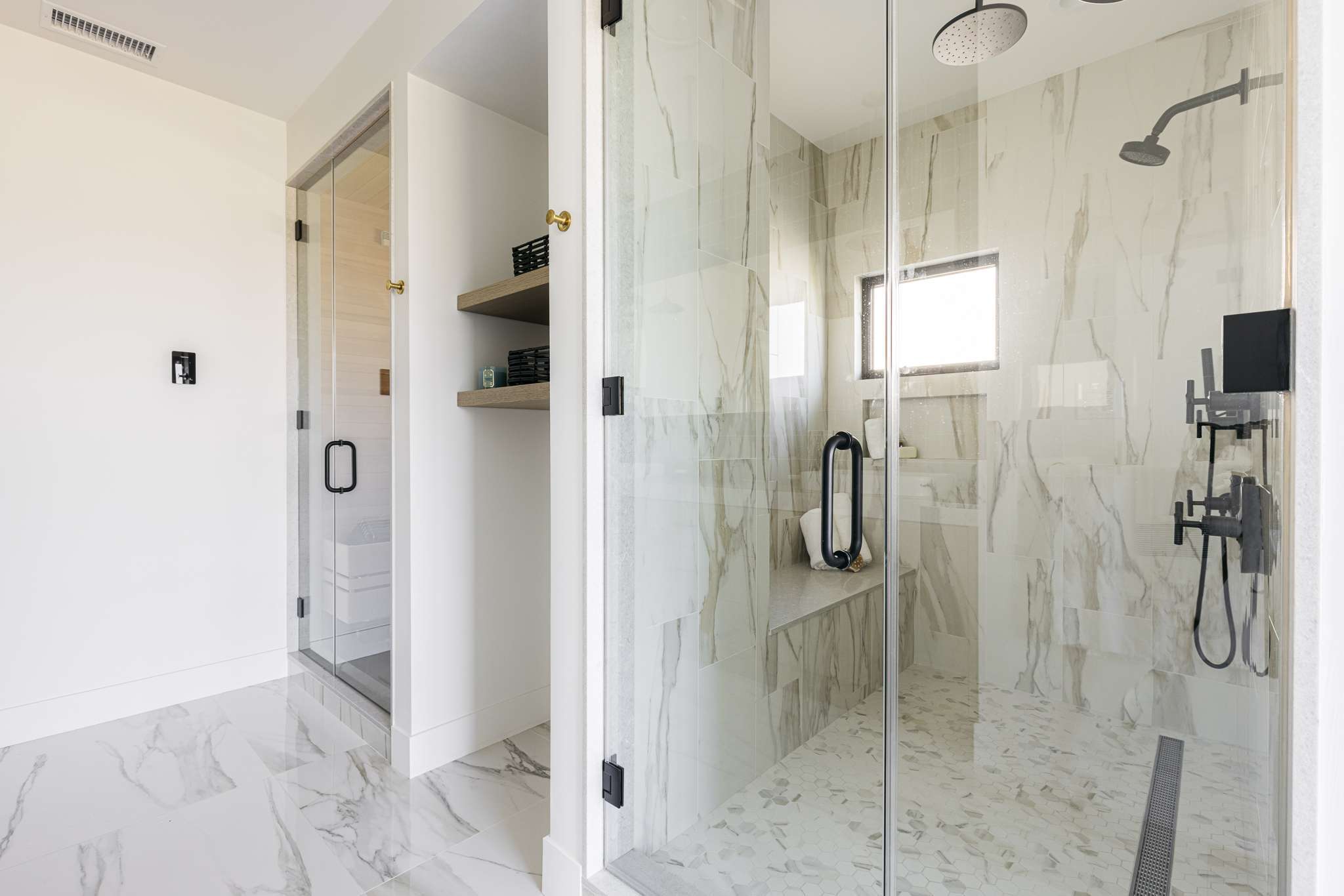
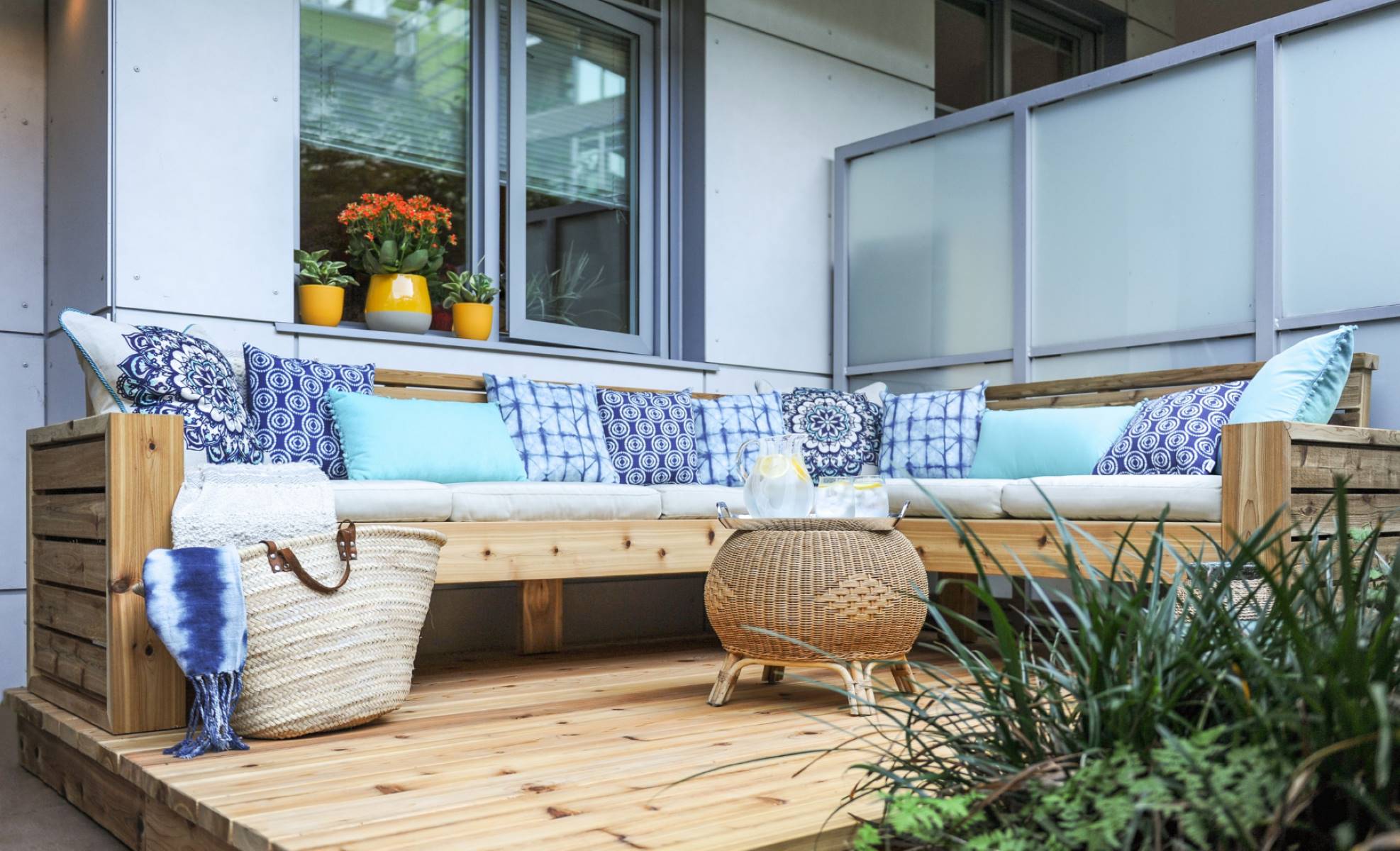
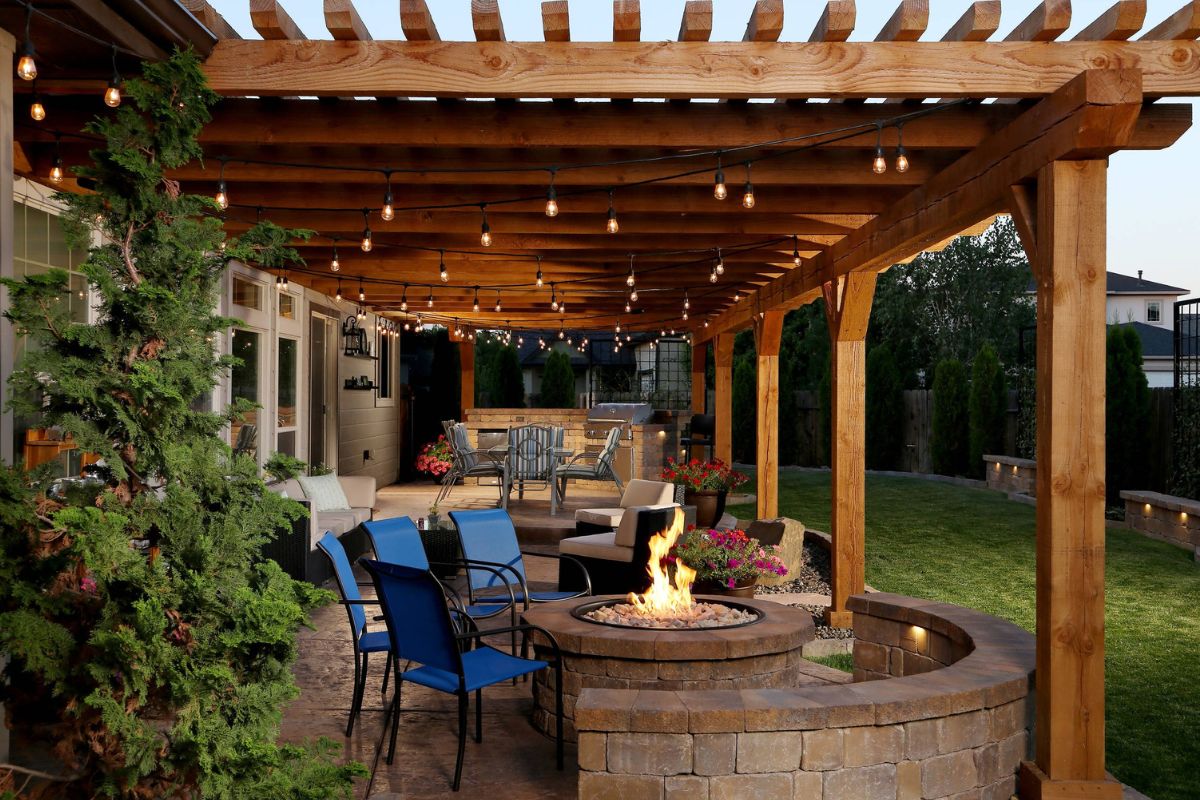
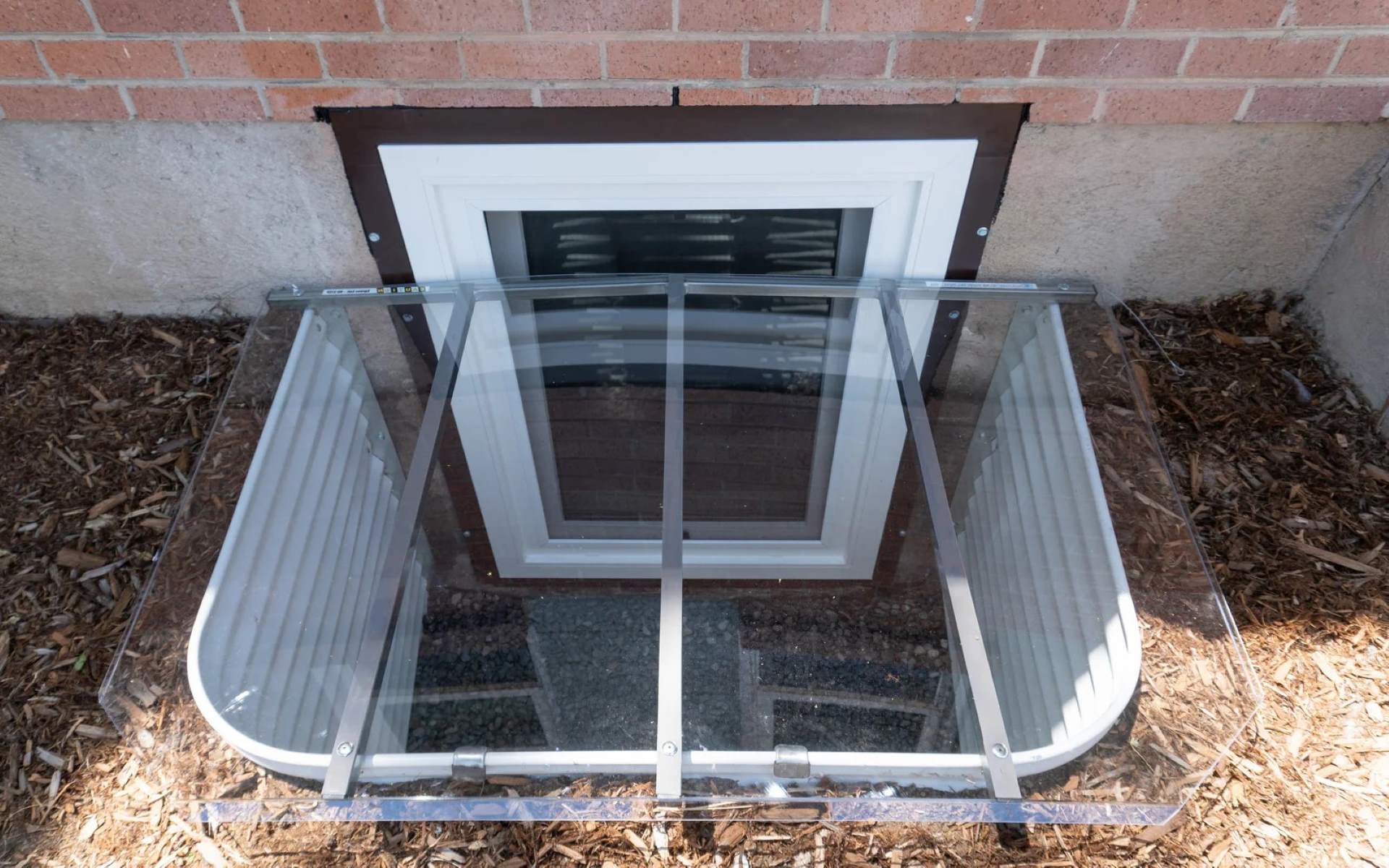
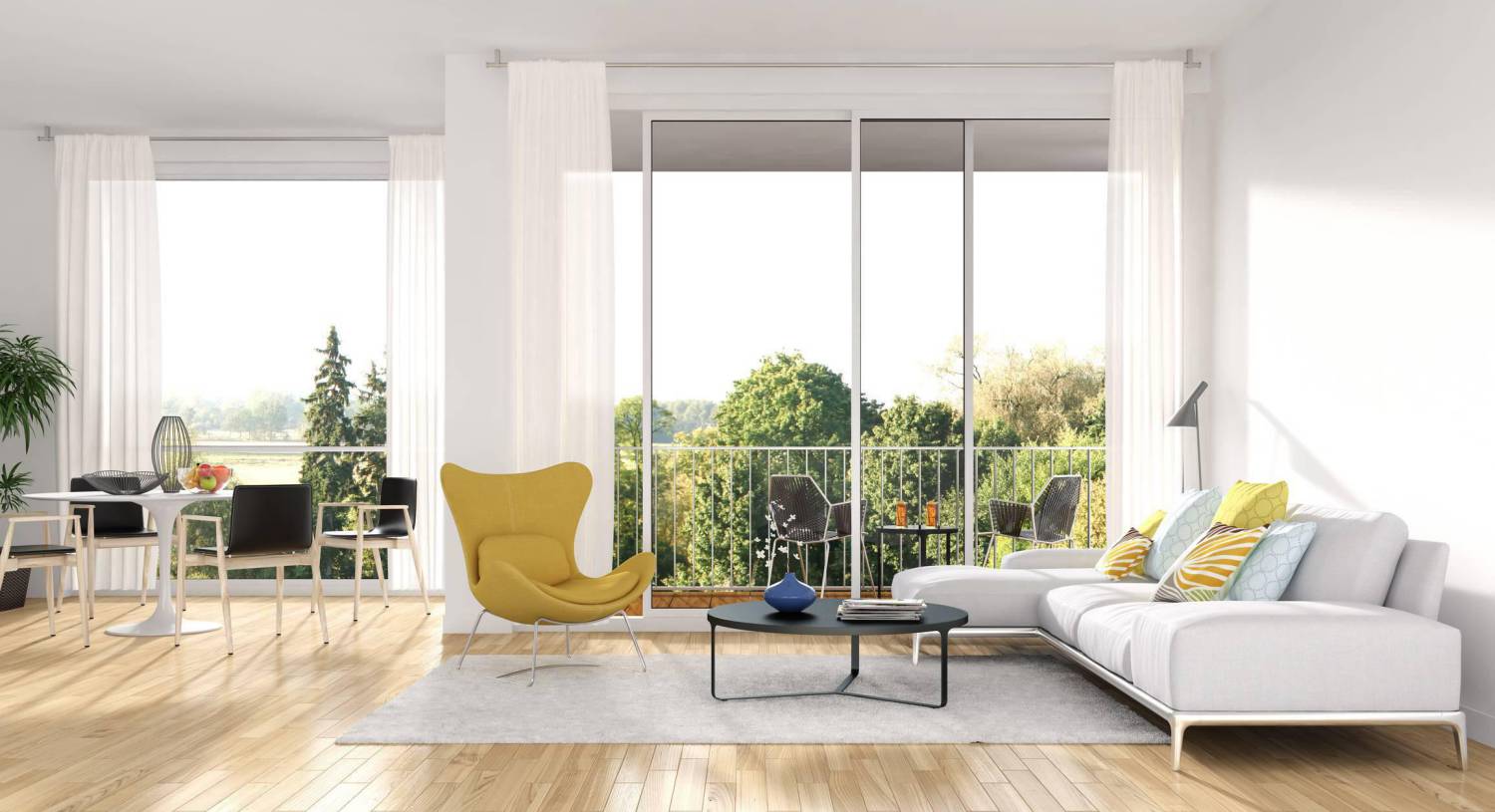
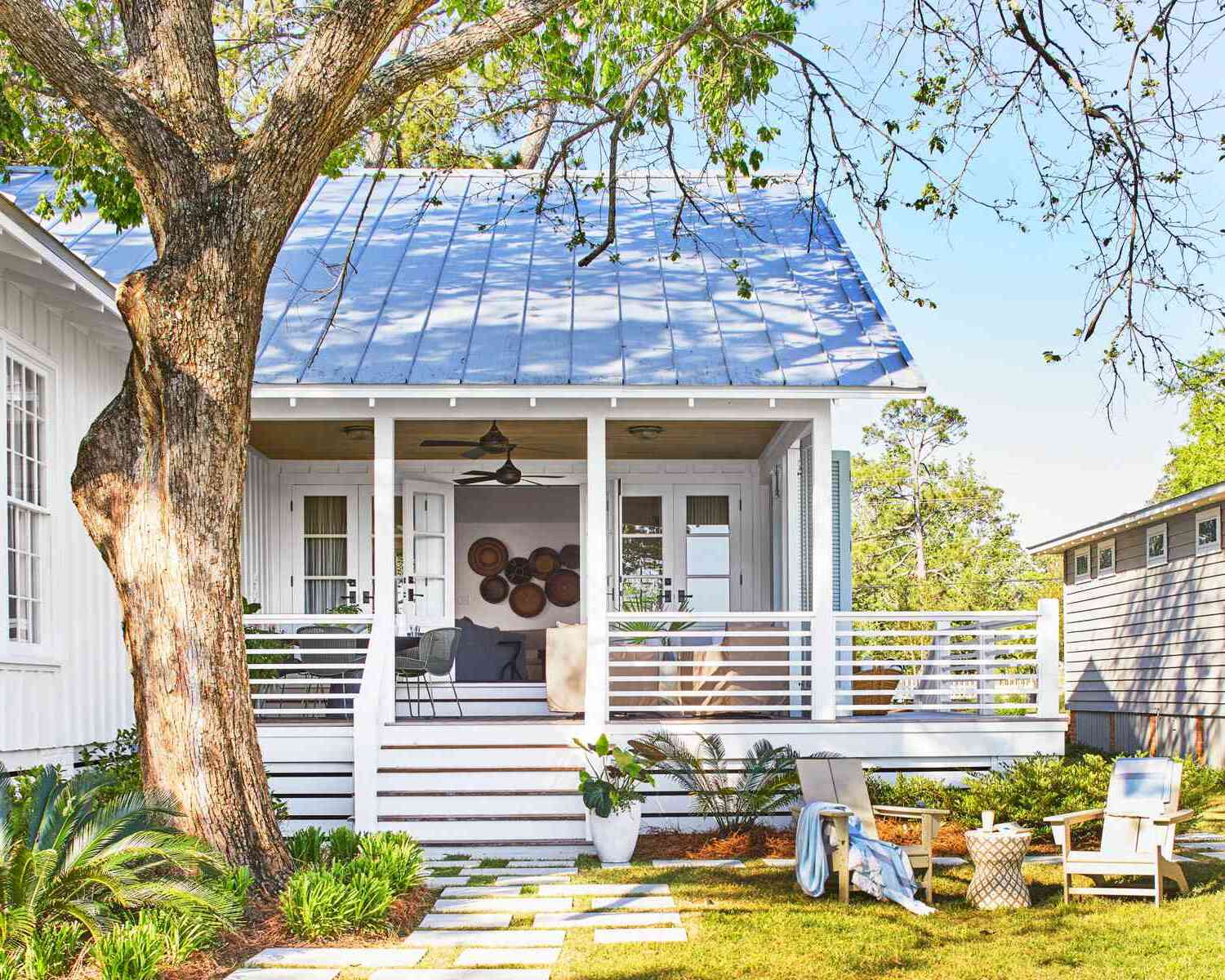

0 thoughts on “DIY Home Projects: When To Pull Permits In Chicago”